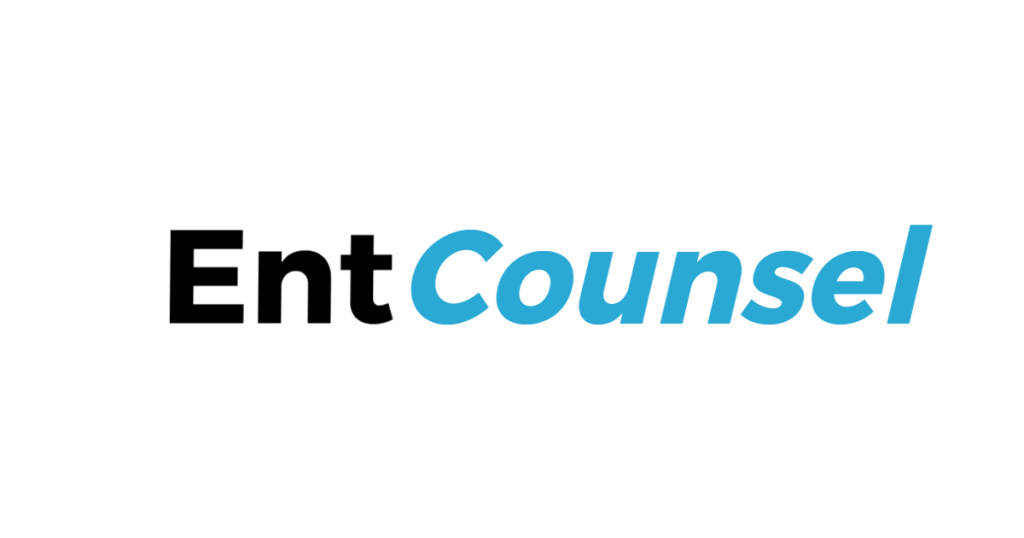What Is Copyright Infringement
The Copyright Act states in section 27 that it is an infringement of copyright for any person to do, without the consent of the owner of the copyright, anything that by this Act only the owner of the copyright has to do.
Copyright is infringed when the whole or a substantial part of a copyrighted work has been copied without the consent of the copyright owner. Remember that a copyright owner has the exclusive right to reproduce or grant permission to reproduce and failing to get their permission could result in a claim for copyright infringement.
Section 3(1) of the Copyright Act refers to the copyright owner having the sole right to produce, reproduce, perform the work, publish the work or any “substantial part” including the other rights enumerated in that section. Therefore, anyone that exercise these rights on the whole or substantial part of a work, may be infringing copyright. If a work incorporated the work of another, then that does not form part of a substantial part of a work since it’s not original. This principle was outlined in the following cases: Warwick Film Productions Ltd. v. Eisinger, [1969] 1 Ch. 508 [Warwick]; Wijesinghe Mahanamhewa v. Canter, [1986] 2 Sri Lanka L.R. 154 (C.A.); Cary v. Longman (1801), 1 East. 358 at 360 (L.C.).
A compilation is projected to the extent that skill and judgment went into arranging the compilation and so a substantial part of the skill and judgment must be taken in order for there to be infringement. This principle was set out in section B(9), “Compilation”, in C Act, ibid., s. 2.1(1); Robertson v. Thoson Corp., [2006] 2 S.C.R. 363, 2006 SCC 43 [Robertson]. Newspaper Licensing Agency Ltd. v. Marks & Spencer Plc, [2003] 1 A.C. 551, [2001] UKHL 38 at [17]-[18] [Marks].
Therefore, the reproduction or other rights of a work set out in s. 3(1) of the Copyright Act without permission by the copyright owner is considered infringement unless it falls into ones of the exceptions (e.g. fair dealing) or if permission is obtained from the copyright owner.
How Can You Avoid Copyright Infringement?
-
Copyright Licence – Obtain Licence from a Collective Society
- This is probably the easiest and most effective means
-
Copyright Assignment or Licence
- The Copyright Act clearly states that the owner of copyright may assign or licence copyright, either wholly or partially. An assignment or licence must be in writing. A licence gives someone permission to use the work under certain conditions. The may be limitations on the licence such as territory, right, medium, market sector or the term of the licence. S.13 (4).
- Obtain licence/permission directly from copyright owner or through a copyright collective society
-
Permission Notice
- In some cases permission may already be provided in advance through a permission notice
- Website notice (see handout on example of Ontario government website
-
By Regulation
- Federal statutes and regulations and the decisions of courts and tribunals can be copied without permission or payment of a fee
-
Reproduction of Federal Law Order
- The Reproduction of Federal Law Order states that “anyone may, without charge or request for permission, reproduce enactments and consolidations of enactments of the Government of Canada, and decisions and reasons for decisions of federally-constituted courts and administrative tribunals, provided due diligence is exercised in ensuring the accuracy of the materials reproduced and the reproduction is not represented as an official version”.
-
Standard policies
- Government of Ontario has a standard policy on the copyright on legal materials (see handout). Although the Ontario government claims copyright in Ontario statutes, regulations and judicial decisions, they permit anyone to copy without permission or charge. They require that a copyright notice be given as:
- Queen’s Printer for Ontario, 199_. This is an unofficial version of Government of Ontario
- Government of Ontario has a standard policy on the copyright on legal materials (see handout). Although the Ontario government claims copyright in Ontario statutes, regulations and judicial decisions, they permit anyone to copy without permission or charge. They require that a copyright notice be given as:
-
Copyright Act Exceptions
- Ensure that the copying falls under one of the exceptions under the Act
-
Insubstantial Copying
- Don’t copy a substantial part. Insubstantial copying does not constitute copyright infringement. Eg. Reproducing a quotation is probably considered an insubstantial taking, but copying a poem in a book of poems would be considered substantial.
- The Copyright Act does not define what a “substantial part” is. The courts have defined a substantial part of a work as a question of fact in which both qualitative and quantitative factors must be considered. More emphases is given on the qualitative factors.
- Some of these factors include:
- the quality and quantity of the material taken
- the extent to which the defendant’s use adversely affects the plaintiff’s activities and diminishes the value of the plaintiff’s copyright
- whether the material taken is the proper subject-matter of a copyright
- whether the defendant intentionally appropriated the plaintiff’s work to save time and effort
- and whether the material taken is used in the same or similar fashion as the plaintiff’s. (UR Tax services case).
- The use of facts, ideas or concepts is not an infringement of copyright. It is the expression of those facts, ideas or concepts which gives it copyright.
- Ensure that the work is in the public domain
- Don’t copy
Dealing With Copyright infringement
- Ascertain whether copyright infringement has occurred. Obtain any evidence and copies of the copyright infringement such as receipts and witnesses.
- Determine whether the entity has a licence or permission.
- Cease and Desist Letter – if there is definitely a situation of copyright infringement, then the first step is to provide notice of the copyright owner and a cease and desist letter to prepare for the possibility of legal action if the parties cannot resolve the dispute themselves.
- You can also read more here about dealing with copyright infringement online.
What are the remedies for copyright infringement
- Civil versus criminal remedies
© Entcounsel. (Vandana Taxali), 2018.


